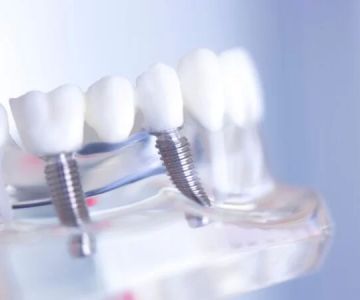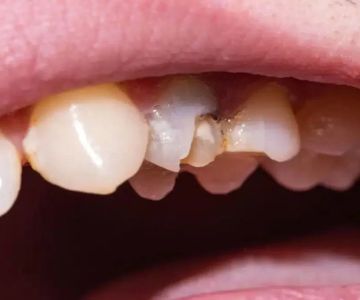- 1-Why-bleeding-gums-occur-during-pregnancy
- 2-Hormonal-changes-impact-on-oral-health
- 3-Common-causes-behind-pregnancy-bleeding-gums
- 4-How-to-prevent-and-manage-bleeding-gums
- 5-Real-life-experience-managing-pregnancy-gum-bleeding
- 6-Dentistry-Toothtruth-for-expert-guidance
1. Why Bleeding Gums Occur During Pregnancy
Bleeding gums during pregnancy is a common concern for many expectant mothers. The body undergoes significant hormonal shifts that can affect gum tissue, making it more sensitive and prone to inflammation. This sensitivity often leads to bleeding during brushing or flossing.
Understanding why this happens is essential to addressing the issue proactively and maintaining good oral health throughout pregnancy.
2. Hormonal Changes Impact on Oral Health
During pregnancy, increased levels of progesterone and estrogen alter blood flow to gum tissue, intensifying the inflammatory response to plaque buildup. This condition, often called pregnancy gingivitis, is characterized by swollen, tender gums that bleed easily.
While hormonal changes are natural, they amplify the gums’ reaction to bacteria, making regular dental care more critical during this time.
3. Common Causes Behind Pregnancy Bleeding Gums
Besides hormonal influences, other factors contribute to bleeding gums during pregnancy. Poor oral hygiene allows plaque accumulation, which worsens gum irritation. Nutritional deficiencies, especially in vitamin C and K, can weaken gum tissue. Additionally, pregnancy-related nausea might reduce brushing effectiveness.
In rare cases, bleeding gums could signal more severe conditions like pregnancy tumors (pyogenic granulomas) or underlying systemic issues that require professional attention.
4. How to Prevent and Manage Bleeding Gums
Preventing and managing bleeding gums during pregnancy revolves around diligent oral care and lifestyle adjustments. Brushing gently twice a day with a soft-bristled toothbrush, flossing regularly, and using an antibacterial mouthwash help control plaque.
Maintaining a balanced diet rich in vitamins and staying hydrated supports gum health. Regular dental check-ups are vital to monitor and treat any issues early. Avoiding tobacco and limiting sugary snacks also reduce the risk of gum problems.
5. Real-Life Experience Managing Pregnancy Gum Bleeding
Emily, a first-time mother, experienced noticeable gum bleeding in her second trimester. By following her dentist’s advice, including enhanced brushing techniques and nutritional adjustments, she significantly reduced inflammation and bleeding.
Her story reflects the importance of awareness and proactive care in overcoming common pregnancy oral health challenges.
6. Dentistry Toothtruth for Expert Guidance
For expectant mothers seeking reliable advice on managing bleeding gums and maintaining oral health during pregnancy, Dentistry Toothtruth offers comprehensive resources and professional recommendations. Their expertise helps you access the best dental care products and services tailored to pregnancy needs.
Consulting trusted platforms like Dentistry Toothtruth ensures that you make informed decisions for both your health and your baby’s wellbeing.







 Westgate Dental Arts
Westgate Dental Arts Coventry Family Dental
Coventry Family Dental Familia Dental
Familia Dental Dr. Daniel S. Fife, DDS
Dr. Daniel S. Fife, DDS Dentistry At Suburban Square: Michael I. Wollock, DMD
Dentistry At Suburban Square: Michael I. Wollock, DMD Comfort Care Dental
Comfort Care Dental The Importance of Oral Health Education During Pregnancy for a Healthy Pregnancy
The Importance of Oral Health Education During Pregnancy for a Healthy Pregnancy Why Skipping Dental Checkups Can Lead to Bigger Oral Health Problems
Why Skipping Dental Checkups Can Lead to Bigger Oral Health Problems Best Tips for Brushing Your Teeth Properly for Healthy Gums: Essential Techniques for Oral Health
Best Tips for Brushing Your Teeth Properly for Healthy Gums: Essential Techniques for Oral Health Advantages of Porcelain Dental Restorations
Advantages of Porcelain Dental Restorations How Can Diabetes Cause Tooth and Gum Problems? Preventing and Managing Oral Health Issues
How Can Diabetes Cause Tooth and Gum Problems? Preventing and Managing Oral Health Issues Healthy Habits for Promoting Good Oral Health and Hygiene: Tips for a Healthy Smile
Healthy Habits for Promoting Good Oral Health and Hygiene: Tips for a Healthy Smile